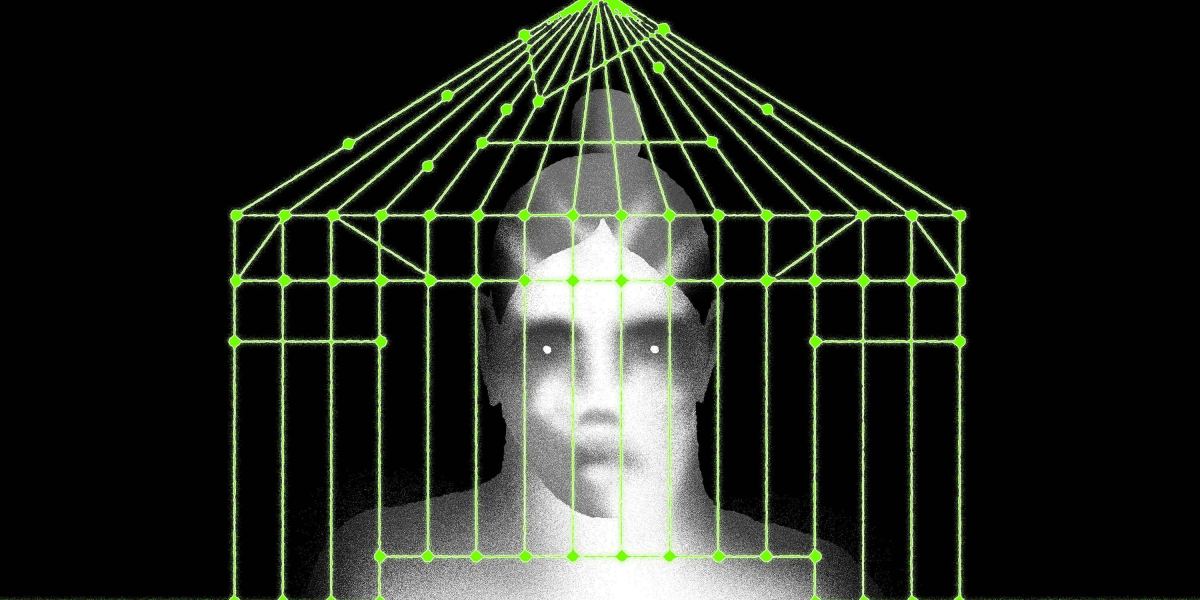Joe Mac
Well-Known Member
If St. Anthony can find lost sanity, he's gonna be a busy guy...
I just remember my mum and granny having a prayer to St. Anthony that they used to say if they had lost anything
If St. Anthony can find lost sanity, he's gonna be a busy guy...
Oh, me too. Me too.I just remember my mum and granny having a prayer to St. Anthony that they used to say if they had lost anything
As long as business' have a COVID "Plan" to help protect their employees litigation isn't a problem............it's those business' that are ignoring all of this that are open too it, and just as you said, is then warranted.The White House submitted their own stimulus plan yesterday. It includes no unemployment benefits and is strong on litigation shields.
Mitch McConnell is also indicating that he would be willing to forgo litigation shields for now if democrats are willing to make major concessions.
We are already on a skinny bill. Just what would those major concessions be? I'm sure it includes unemployment benefits, but what else would the republicans want to cut?
The litigation shields are the most contested issues of the stimulus package. And democrats my very well be willing to make concessions to eliminate hold off the litigation shields.
Republicans are insisting that waves of lawsuits are coming. And that businesses will not be able to survive all the lawsuits if they don't act. However, that simply is not true. Very few covid-19 related lawsuits have been filed to date and they only make up a very small percentage of work place litigation this year.
And those lawsuits that do exist are totally warranted.
For example, on the Apple News+ Today podcast this morning, they talked about one such lawsuit. I guy asked his boss if he could wear a face covering at work. He was considered high risk with a underlaying condition. His boss said no and was unwilling to budge on his stance. Either don't ware a mask or don't show up to work. So, needed his job he continued to show up to work where he contracted COVID-19 and later died. His family has filed a lawsuit against his employer.
Unless we start talking about the enormous amount of debt the average American has, it's going to get much worse. At this point, UBI should NOT be off the table if we want to save our economy.I'd love to read the news just once this year and not be absolutely horrified.
Maybe next year...
Yet it is off the table for both Republicans and Institutional Democrats.Unless we start talking about the enormous amount of debt the average American has, it's going to get much worse. At this point, UBI should NOT be off the table if we want to save our economy.
Sorely needed.new faces in the house and senate

Credit scores have been used for decades to assess consumer creditworthiness, but their scope is far greater now that they are powered by algorithms: not only do they consider vastly more data, in both volume and type, but they increasingly affect whether you can buy a car, rent an apartment, or get a full-time job. Their comprehensive influence means that if your score is ruined, it can be nearly impossible to recover. Worse, the algorithms are owned by private companies that don’t divulge how they come to their decisions. Victims can be sent in a downward spiral that sometimes ends in homelessness or a return to their abuser.
Credit-scoring algorithms are not the only ones that affect people’s economic well-being and access to basic services. Algorithms now decide which children enter foster care, which patients receive medical care, which families get access to stable housing. Those of us with means can pass our lives unaware of any of this. But for low-income individuals, the rapid growth and adoption of automated decision-making systems has created a hidden web of interlocking traps.
Fortunately, a growing group of civil lawyers are beginning to organize around this issue. Borrowing a playbook from the criminal defense world’s pushback against risk-assessment algorithms, they’re seeking to educate themselves on these systems, build a community, and develop litigation strategies. “Basically every civil lawyer is starting to deal with this stuff, because all of our clients are in some way or another being touched by these systems,” says Michele Gilman, a clinical law professor at the University of Baltimore. “We need to wake up, get training. If we want to be really good holistic lawyers, we need to be aware of that.”

The coming war on the hidden algorithms that trap people in poverty
A growing group of lawyers are uncovering, navigating, and fighting the automated systems that deny the poor from housing, jobs, and basic services.www.technologyreview.com
With 17 AG's jumping in the clown car to the Supreme Court this is all I see in my head............
View attachment 79685
This reference will also test your age, lol

Oh, it's definitely about the "Legal Defense Fund", Trump's making way too much money on that scam and he'll ride it out to the bitter end The said part is the millions sitting there saying "Look how hard he's fighting for us", so again.............All 17 AG's are Republicans as well. Surprise surprise.
It's funny that they keep trying the same shenanigans that keep failing over and over because there is nothing there. Just different groups keep file lawsuits. It's not going to go anywhere. I'm wondering if their game to keep the appearance of a disputed election through January.

Oh wow, I was not expecting the story to show he hit a police officer with his car.
Had he been black that car would have been full of bullets.
Yep. Wasn't even charged. This country is an absolute joke.
